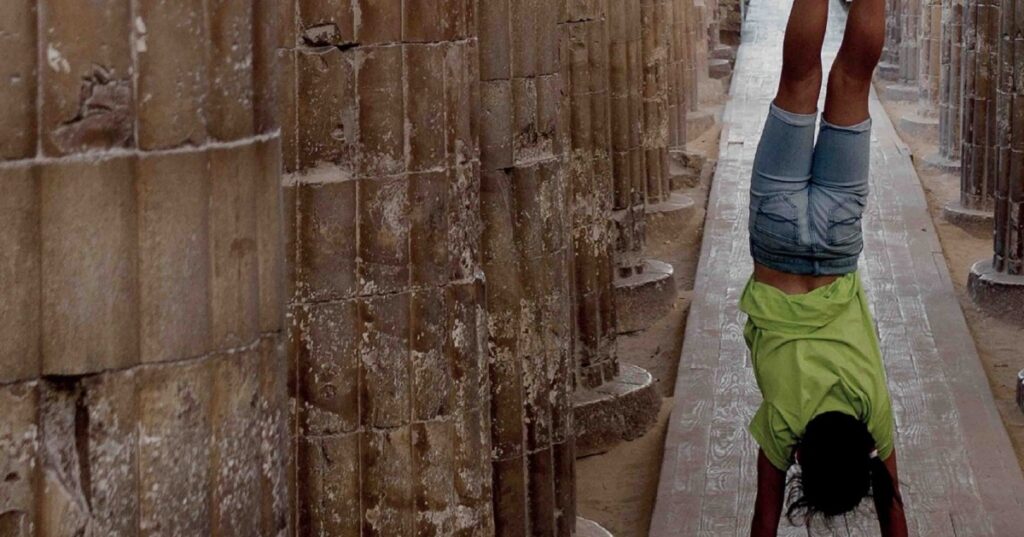Call for Proposals: Exploring Narrative Competence in History Education
Posted on 31st July, 2025

In a world shaped by competing narratives and rapid change, how we understand and teach history has never been more important. History Education Research Journal (HERJ) invites scholars, educators, and researchers to contribute to a new open access special series set for publication from mid-2026: Narrative Competence, History & Responsibility. All articles will be Diamond open access, and will not attract APCs.
Why Narrative Competence Matters
We live in a “multi-storied” world, where young people encounter diverse and often conflicting narratives about the past, present, and future. In this context, developing narrative competence—the ability to critically engage with, construct, and deconstruct historical narratives—is essential for fostering democratic values, addressing injustices, and resisting extremist ideologies.
This special series seeks to reimagine how history education can cultivate narrative competence, drawing on rich traditions in history didactics and educational theory. It aims to move beyond viewing history as a static story or purely as an epistemological exercise, and instead explore how historical narratives shape civic life, identity, and agency.
Themes and Questions
Contributors are invited to engage with a wide range of questions, including:
- What kinds of engagement with the past can help to foster an open democratic political culture, address enduring injustices, and / or counter ultra nationalist, neo-fascist and other extremist political tendencies?
- What kinds of historical narrations or other types of historical representation can be considered responsible and irresponsible in epistemological, ethical, ontological and other respects.
- How history education can contribute to refiguring historical agency, and its representation in temporal and other narrative respects?
- How history education can contribute to the refiguration and use of historical narratives, as practical resources in the everyday life of our democracies?
- How narratives are appropriated and used in various socio-cultural and political contexts and how new media of narrative generation and dissemination (including AI) may be impacting our societies, cultures and polities?
- What can cognitive and sociocultural research in History Education tell us about the learning processes – and barriers to learning – impacting critical narrative sense-making, and the processes of meaning construction, deconstruction and reconstruction that it involves.
- The uses and limitations of critical historical knowledge and understanding as tools for informing civic and other forms of action in the present.
Submission Details
- Expressions of interest due: 31 August 2025
- Full paper submissions due: 27 February 2026
To express interest, please submit a 300–500 word abstract, up to six references, and a 50-word biographical statement for each author. Submissions should be sent via email to the series editors:
- Arthur Chapman (arthur.chapman@ucl.ac.uk)
- Marília Gago (mgago@ie.uminho.pt)
- Stéphane Lévesque (stephane.levesque@uottawa.ca)
- Kenneth Nordgren (kenneth.nordgren@kau.se)
- Flávia Varella (flavia.varella@ufsc.br)
About the Journal
History Education Research Journal (HERJ) is a leading international, fully open-access, peer-reviewed journal that focuses on the global significance and impact of history education. It provides a platform for scholarly discourse on contemporary issues, policies, and practices in history education, drawing on a wide range of research methodologies. For more information on submission guidelines and to read the full call for proposals, please visit the HERJ website.